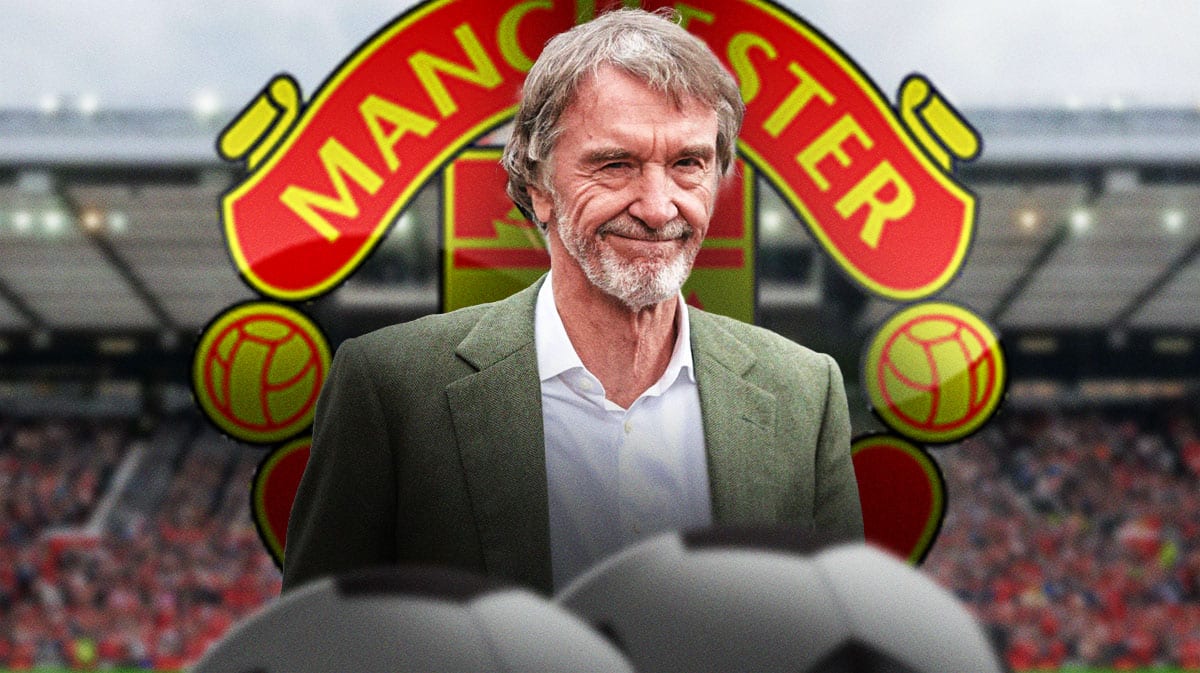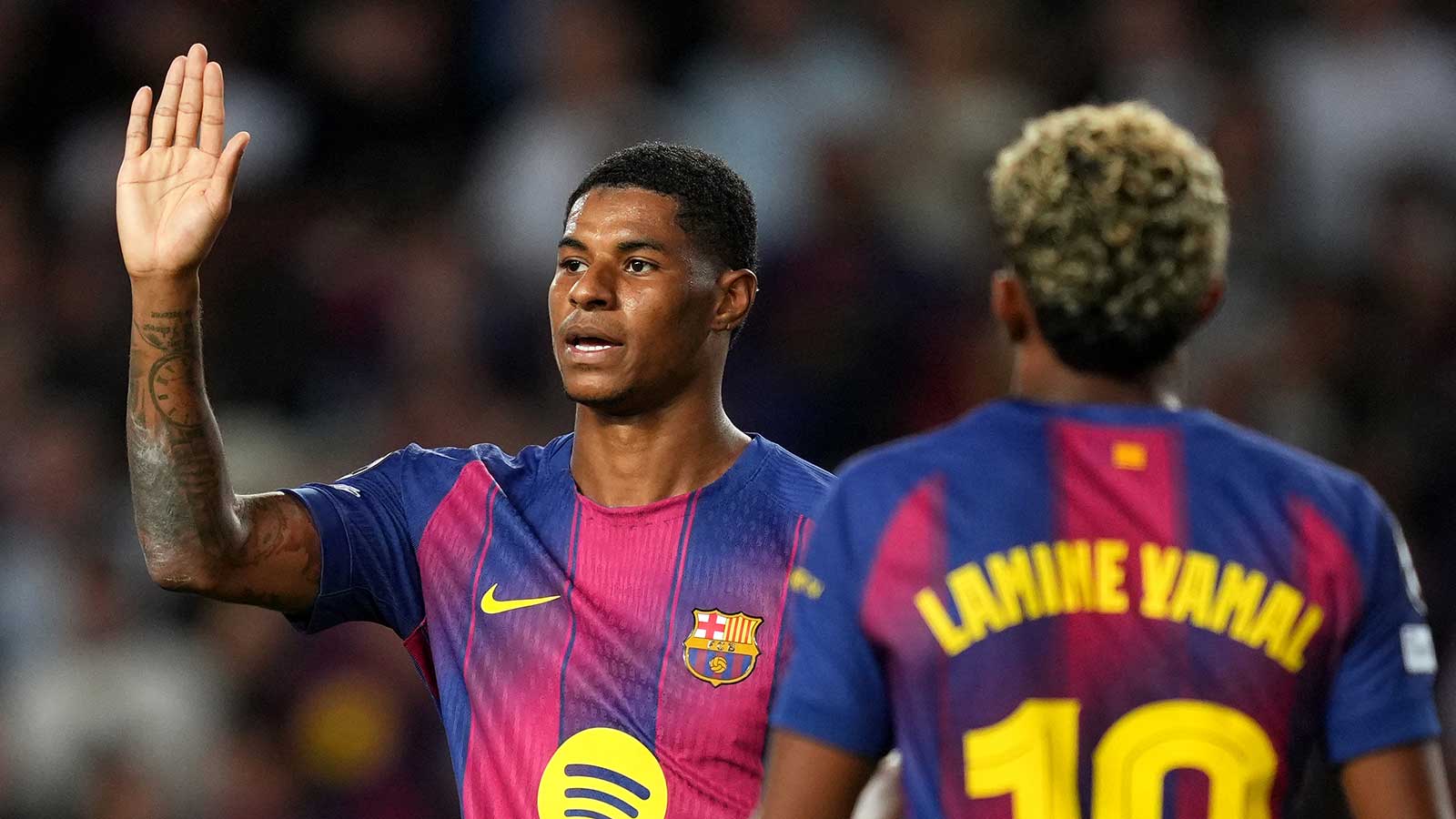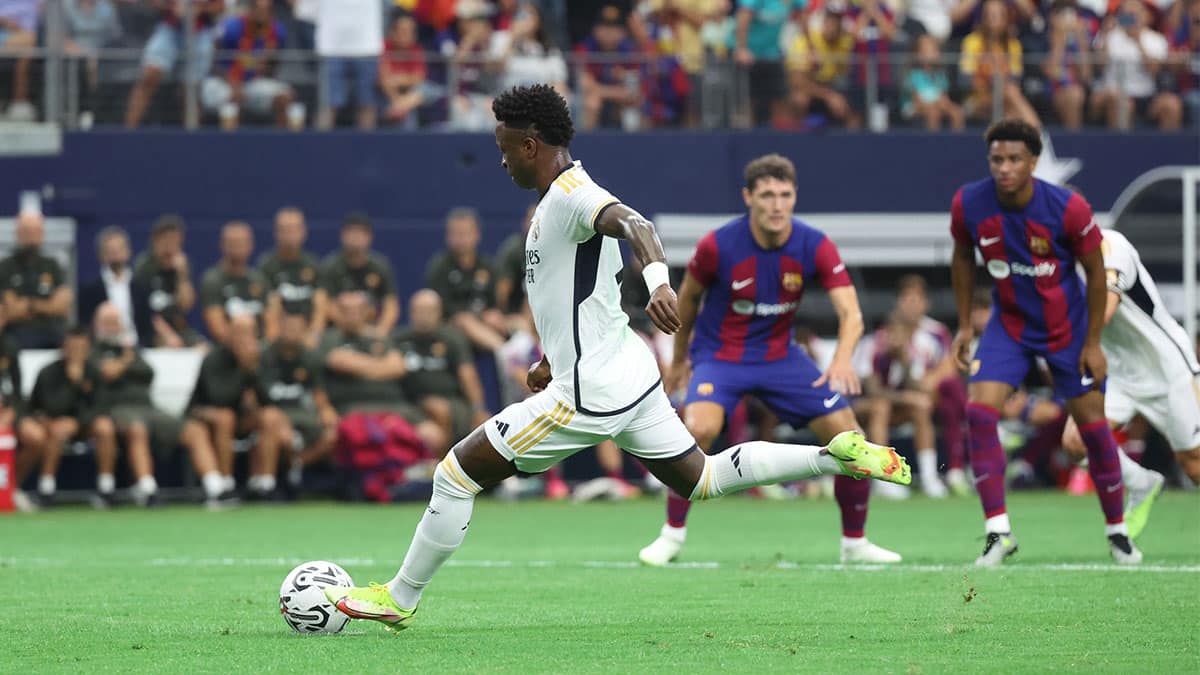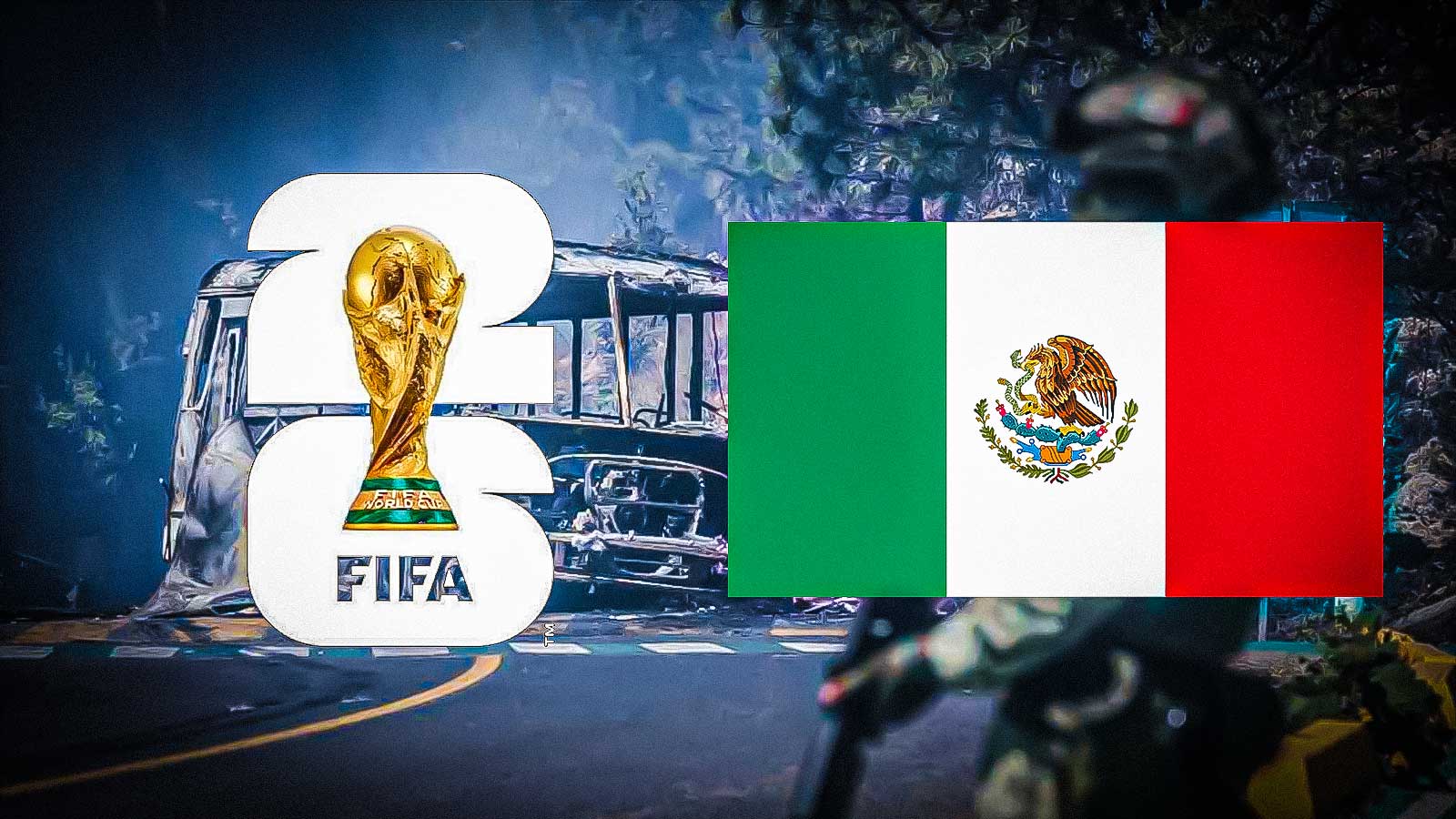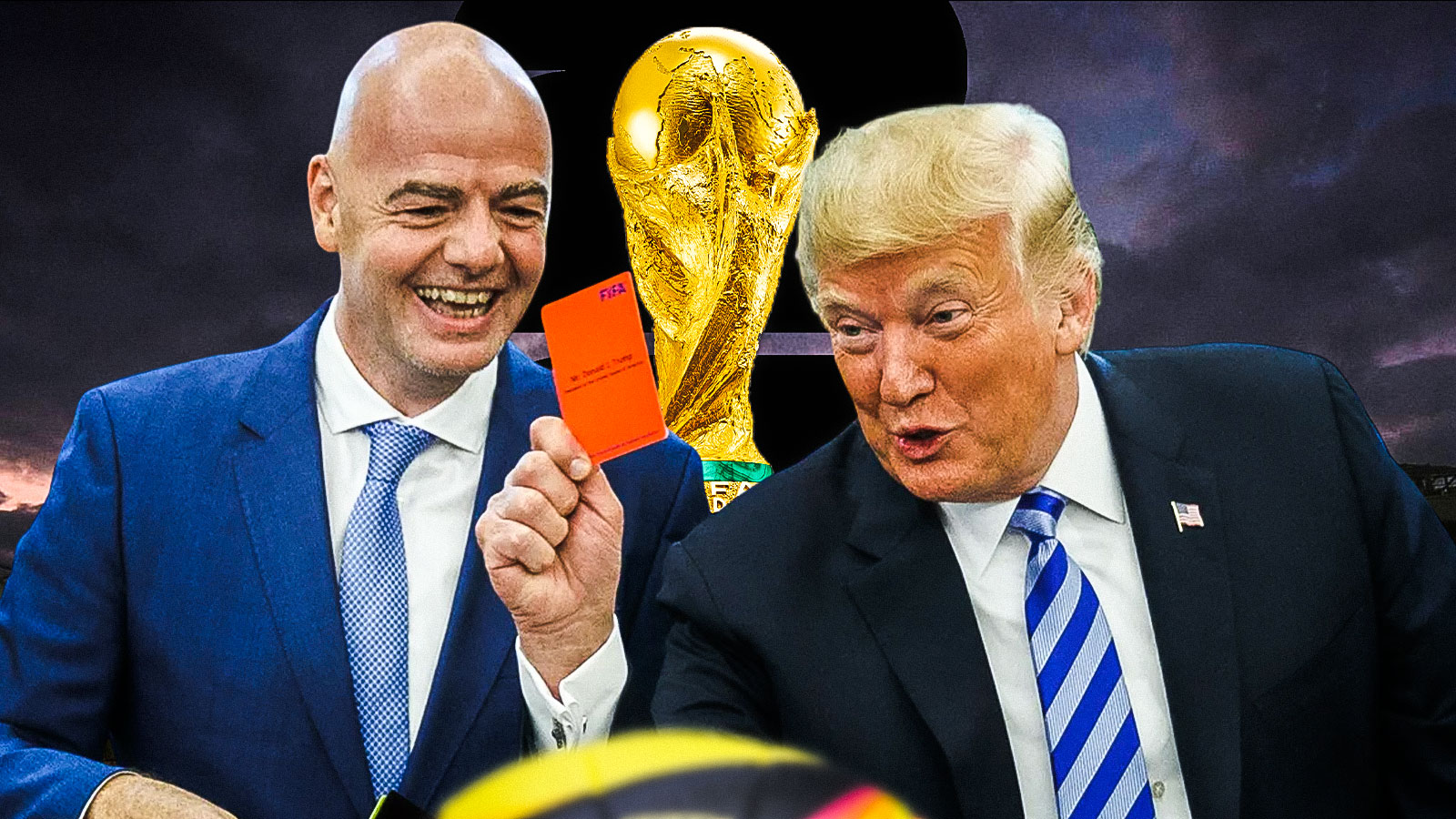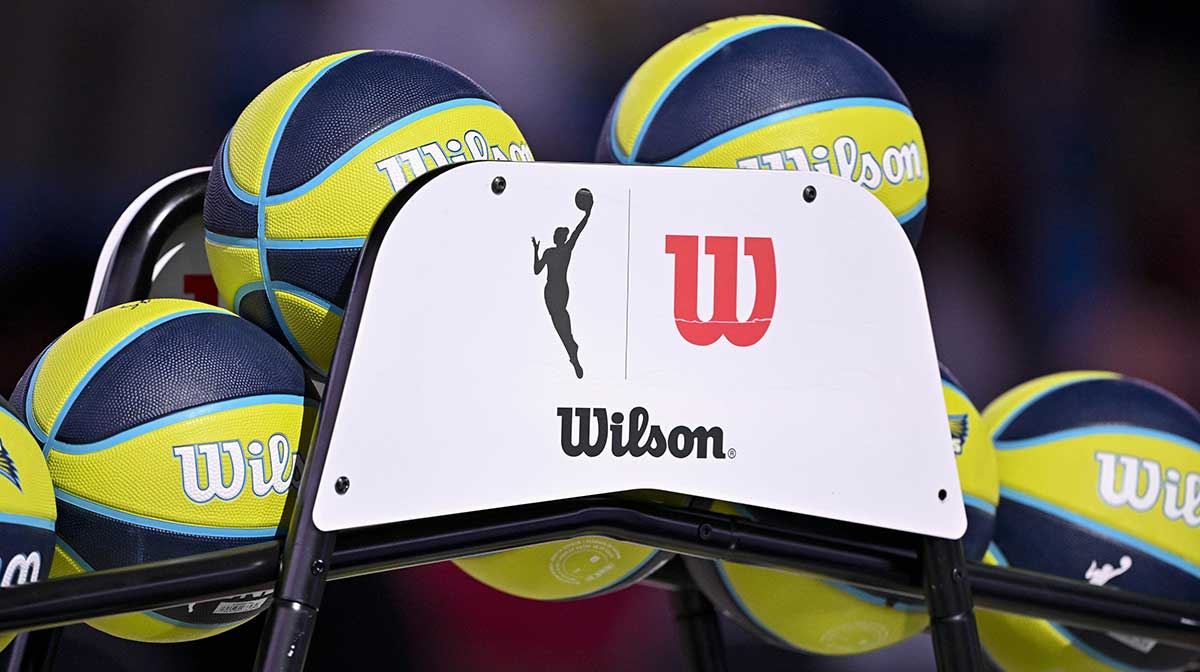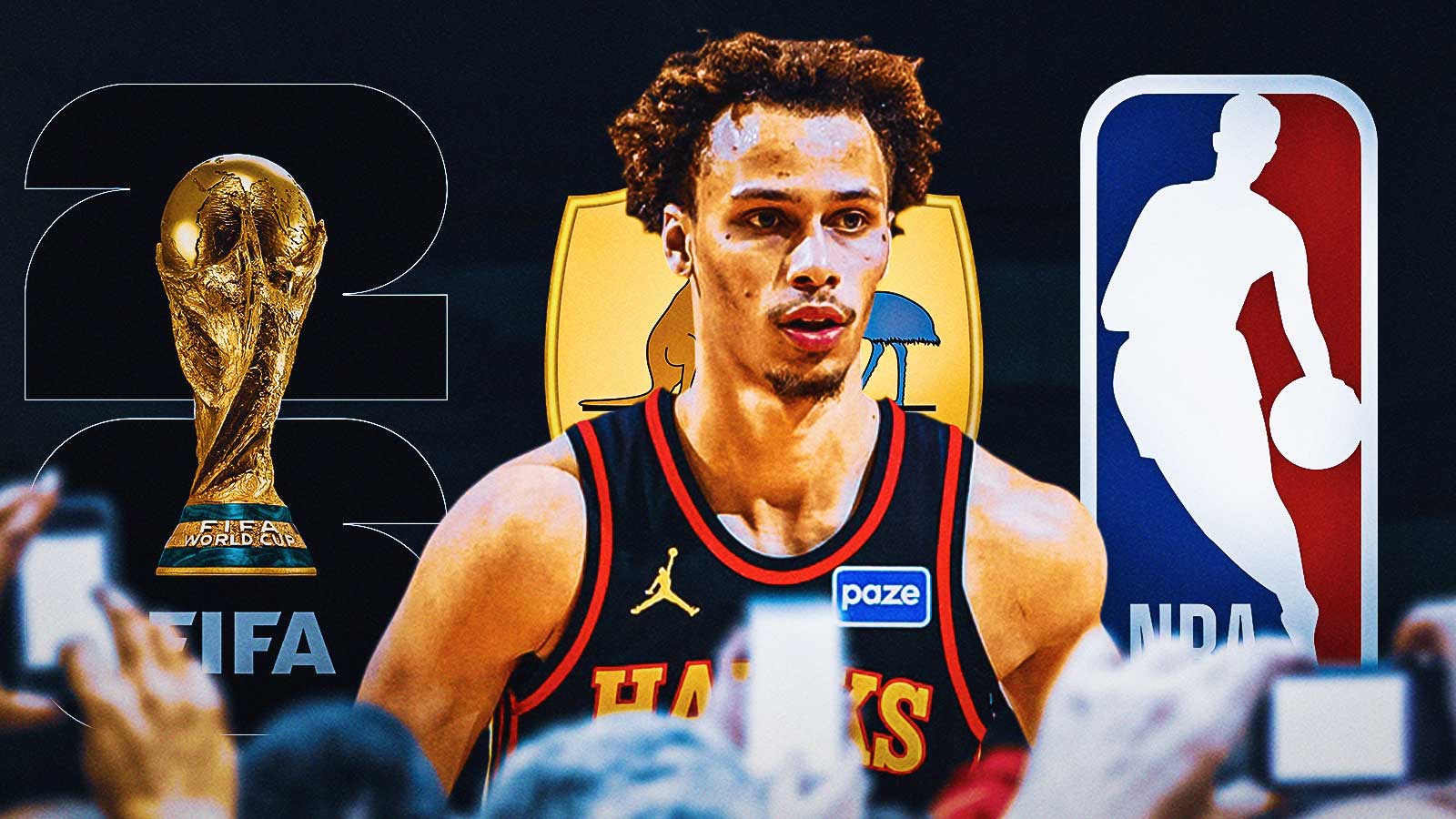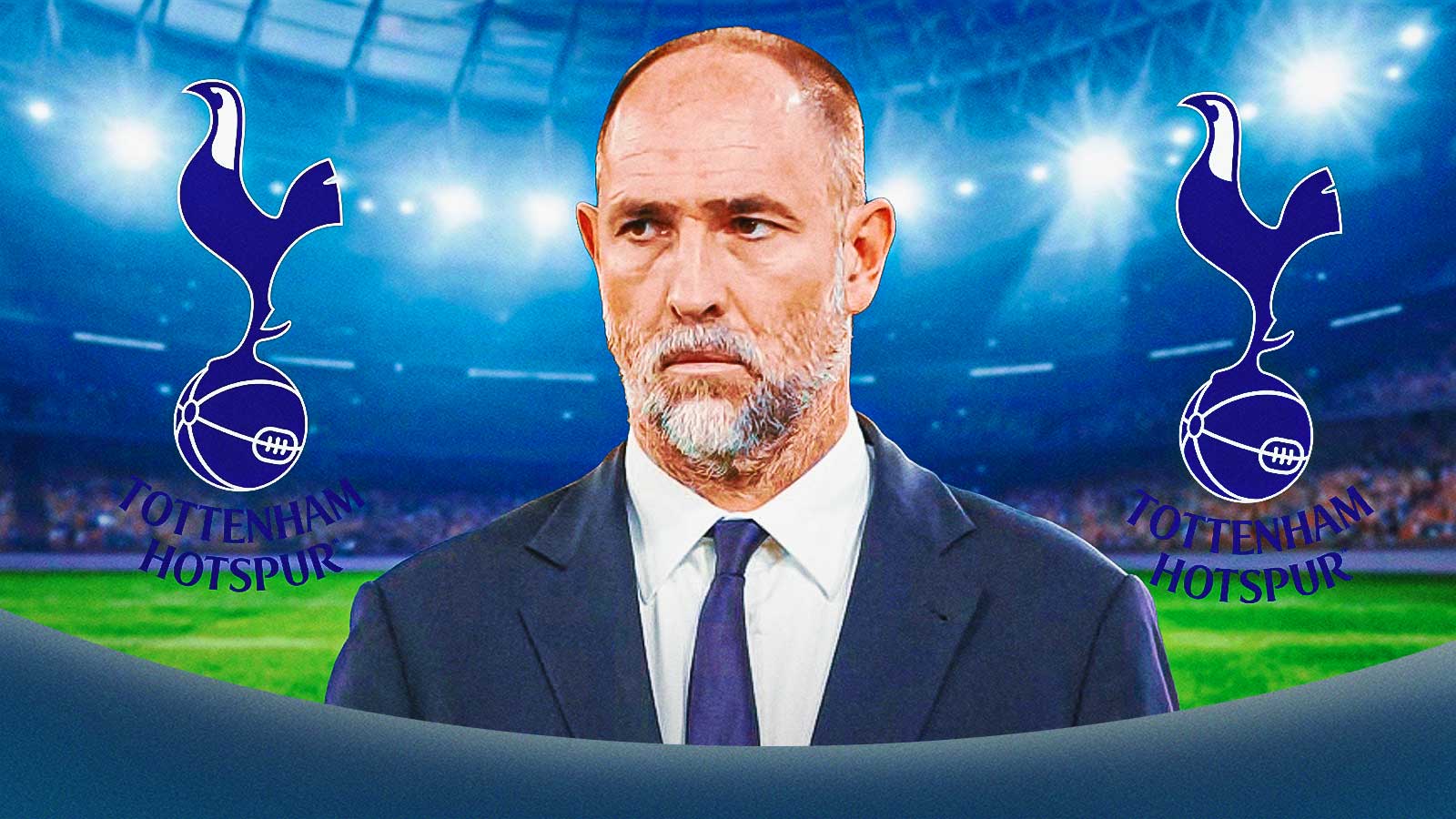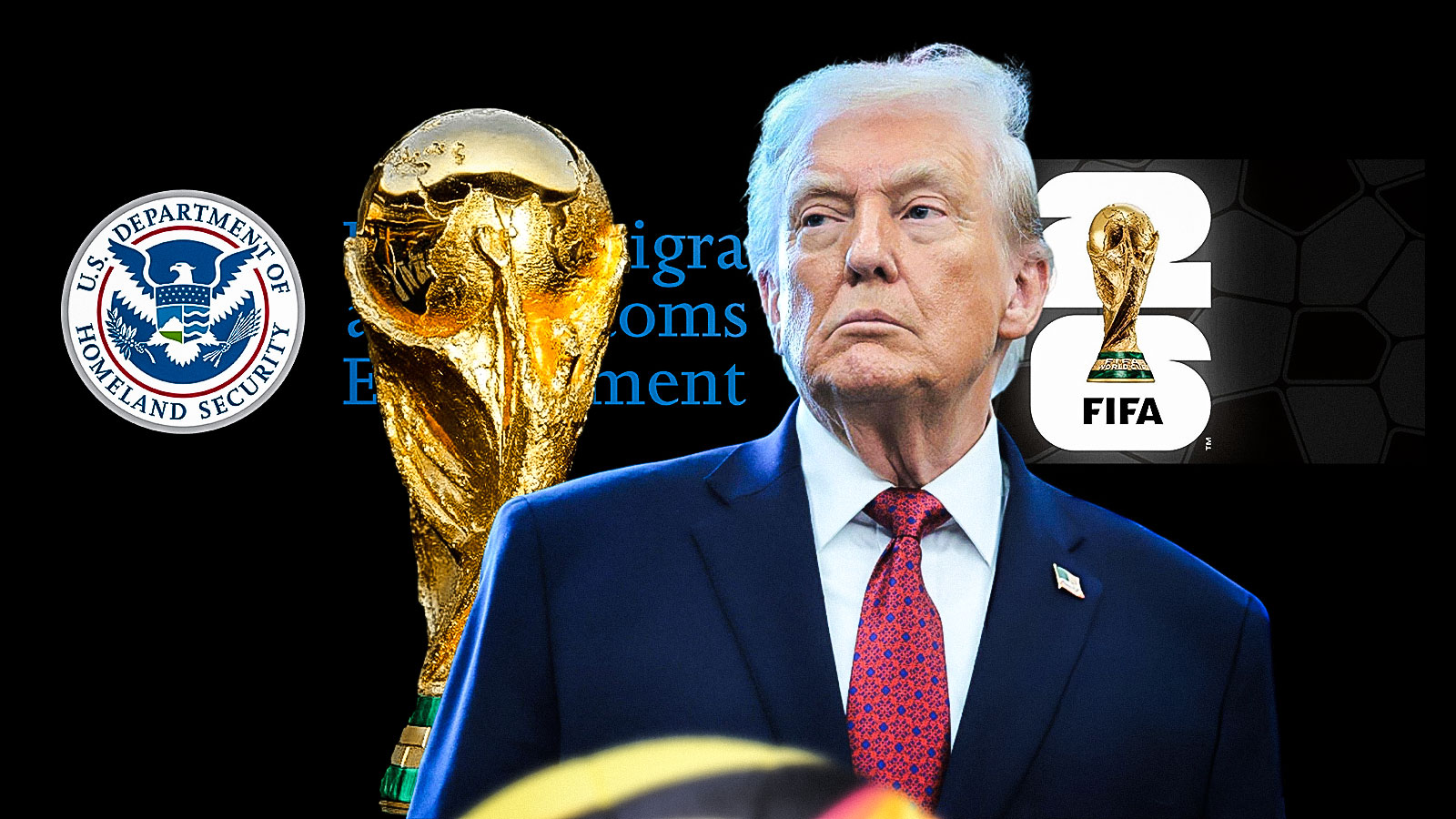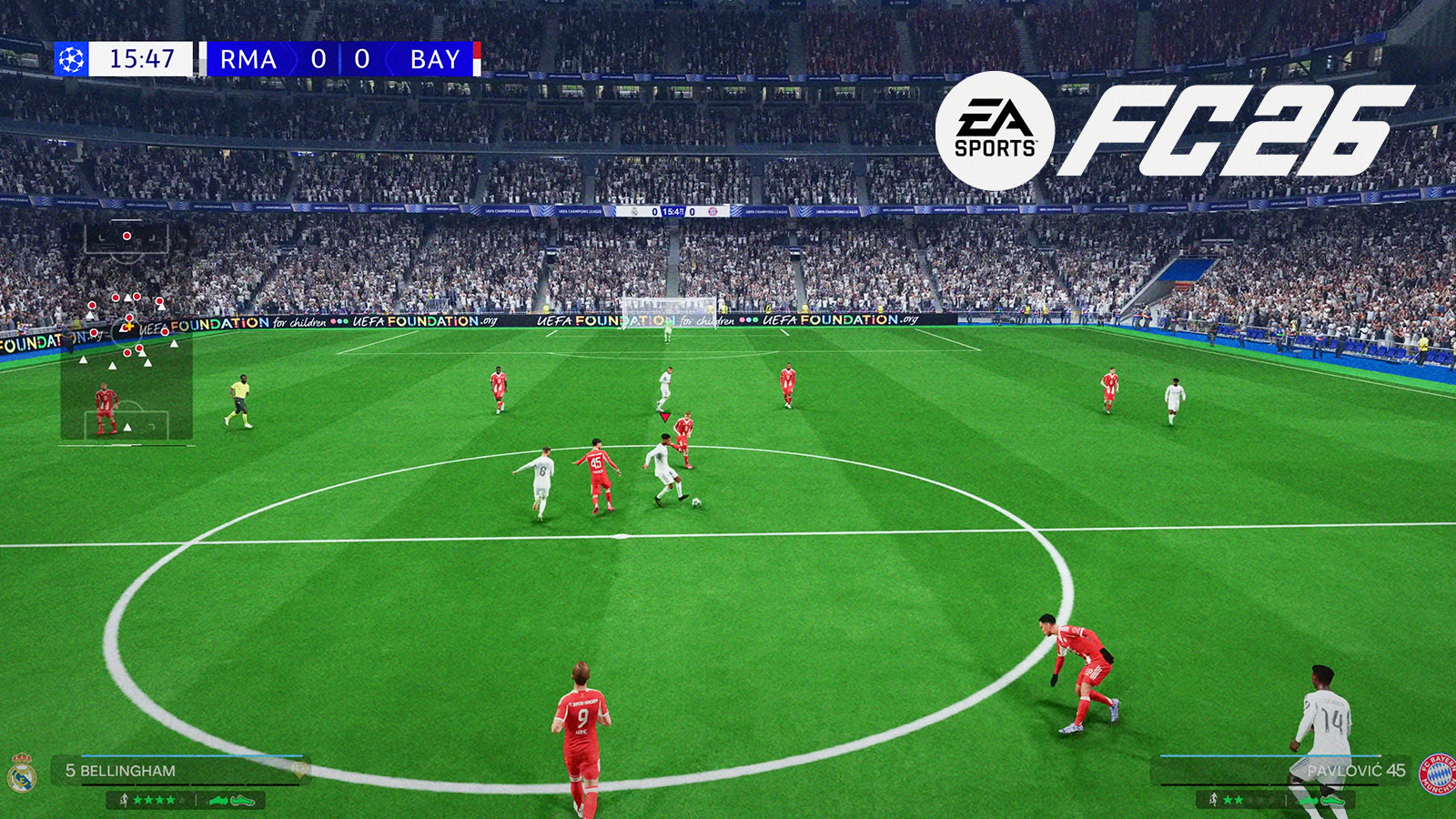In the ever-evolving landscape of modern football, financial stability has become a cornerstone for clubs' success both on and off the pitch. Manchester United, one of the world's most storied and financially powerful clubs, is undergoing a significant shift in its financial strategy. Recent reports indicate that the Red Devils are taking decisive measures to ensure compliance with profit and sustainability regulations (PSR), signaling a new era of fiscal responsibility at Old Trafford.
According to sources cited by ESPN, Manchester United has embarked on a cost-cutting initiative to align the club's expenditures with regulatory standards. One notable action the club took involves canceling credit cards belonging to senior staff members, a move intended to instigate a cultural shift towards greater financial prudence. This strategic realignment comes on the heels of a £257,000 fine imposed by UEFA last summer for breaching financial stability regulations, underscoring the urgency of Manchester United's fiscal recalibration.
Embracing Financial Discipline: The Role of Interpath
Central to Manchester United's financial overhaul is the involvement of Sir Jim Ratcliffe, the club's new minority owner, and his conglomerate Ineos. Ratcliffe's 27.7% takeover has catalyzed a comprehensive review of the club's finances, spearheaded by specialist financial consultants Interpath. Tasked with conducting a meticulous assessment, Interpath's mandate encompasses scrutinizing departmental budgets, curtailing unnecessary expenditures, and fostering a culture of fiscal responsibility throughout the organization.
The focus of Interpath's intervention extends beyond mere compliance with regulatory frameworks. Manchester United aims to cultivate a more cost-focused and disciplined approach to resource management, optimizing financial resources to achieve its footballing objectives. This strategic pivot reflects the club's commitment to long-term sustainability and prudent financial stewardship amid a challenging global economic landscape for football clubs.
Amidst mounting financial pressures exacerbated by a substantial outlay on player transfers since June 2022 and a revenue setback stemming from a premature Champions League exit this season, Manchester United is steadfast in its determination to navigate the complexities of financial governance in football.
A Balancing Act: Navigating Financial Fair Play
Among Manchester United's concerns is adherence to Financial Fair Play (FFP) regulations, which have become increasingly stringent in recent years. Collette Roche, the club's chief operating officer, has underscored the imperative of maintaining compliance with FFP guidelines while pursuing strategic investments in player acquisitions and infrastructure development.
Roche's assertion highlights Manchester United's cognizance of the repercussions associated with non-compliance, including potential fines and sanctions that could impede the club's ambitions on and off the field. As the club endeavors to strike a delicate balance between revenue generation and expenditure, a renewed emphasis on financial discipline emerges as a defining tenet of its operational ethos.
In conclusion, Manchester United's proactive approach to financial governance underscores its commitment to sustainability and responsible stewardship in an era of economic volatility and regulatory scrutiny. By embracing cost-cutting measures, fostering a culture of financial discipline, and navigating the intricacies of regulatory compliance, the Red Devils seek to consolidate their position as a powerhouse in global football while safeguarding their long-term viability.

